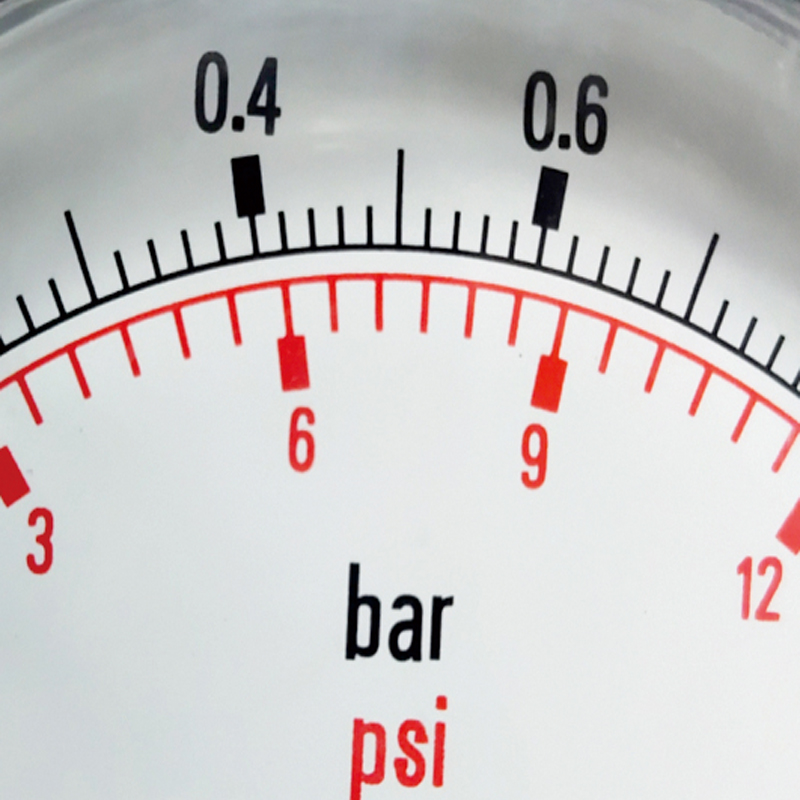
Dec . 04, 2024 18:08 Back to list
types of differential pressure gauges jah
Understanding the Types of Differential Pressure Gauges
Differential pressure gauges are vital instruments used in various industries to measure the difference in pressure between two points in a system. They play a crucial role in monitoring and controlling processes, ensuring safety, efficiency, and optimal functioning of equipment. This article will explore the different types of differential pressure gauges, their working principles, applications, and importance.
What is a Differential Pressure Gauge?
A differential pressure gauge measures the difference in pressure between two reference points. This difference can be due to variations in fluid levels, flow rates, or any process that produces pressure differentials. Unlike absolute pressure gauges, which measure pressure relative to a perfect vacuum, or gauge pressure gauges, which measure pressure relative to atmospheric pressure, differential pressure gauges focus solely on the pressure difference.
Types of Differential Pressure Gauges
1. Bourdon Tube Gauges Bourdon tube differential pressure gauges utilize a coiled tube that responds to pressure changes. As the pressure difference acts on the Bourdon tube, it tends to straighten out, causing a pointer to move across a calibrated scale. This type of gauge is widely used due to its simplicity, reliability, and the least requirement for maintenance. They are commonly found in sectors like HVAC systems and water treatment plants.
2. Diaphragm Gauges Diaphragm differential pressure gauges employ a flexible diaphragm that separates the two pressure measurement points. As the pressure difference changes, the diaphragm deflects, which is translated into a readable measurement. These gauges are particularly suited for viscous fluids or slurries, making them optimal for chemical processing industries.
3. Capacitive Pressure Gauges Capacitive differential pressure gauges measure pressure changes by detecting variations in capacitance caused by the movement of a diaphragm. This technology provides high precision and is often used in applications where accurate measurements are crucial, such as in aerospace and semiconductor manufacturing.
4. Piezoelectric Pressure Sensors Utilizing the piezoelectric effect, these sensors generate a charge in response to mechanical stress induced by differential pressure. Piezoelectric pressure sensors offer rapid response times and can operate effectively in dynamic pressure environments, making them ideal for gas and liquid flow measurement systems.
types of differential pressure gauges jah

5. Microelectromechanical Systems (MEMS) MEMS-based pressure sensors harness advanced microfabrication technologies to create highly sensitive devices capable of measuring small differential pressures. These gauges are compact, durable, and suitable for applications in automotive, consumer electronics, and medical devices.
6. Electronic Differential Pressure Gauges These modern gauges integrate electronic components to display pressure readings digitally. They often feature built-in data logging capabilities, allowing for detailed monitoring over time. These gauges are particularly beneficial in complex systems where real-time data analysis is critical.
Applications of Differential Pressure Gauges
Differential pressure gauges find extensive applications across various sectors
- HVAC Systems Monitoring air flow and filter status to ensure proper ventilation. - Chemical Processing Ensuring the correct operation of reactors and maintaining safety. - Water Treatment Measuring pressure drops across filters to determine when maintenance is required. - Oil and Gas Used in pipeline monitoring to detect leaks and ensure efficient flow.
Importance of Differential Pressure Gauges
The significance of differential pressure gauges cannot be overstated. They ensure the safe operation of equipment by providing essential data that helps in identifying issues before they become critical. By monitoring pressure differences, industries can optimize processes, conserve energy, and improve overall efficiency. Additionally, these gauges are fundamental in maintaining regulatory compliance in sectors with stringent safety norms.
Conclusion
Differential pressure gauges are indispensable tools that offer insights into a variety of processes across numerous industries. Understanding the different types available, from Bourdon tube to electronic gauges, enables industries to select the appropriate instrument based on their specific needs. As technology advances, the evolution of differential pressure gauges will continue to enhance their accuracy, reliability, and functionality, further solidifying their role in industrial operations.
-
High-Precision 5 Valve Manifold Differential Pressure Gauge Suppliers
NewsApr.29,2025
-
High-Precision Diaphragm Vacuum Pressure Gauges Manufacturers & Quotes
NewsApr.29,2025
-
Omega Differential Pressure Gauges High Accuracy & Durability
NewsApr.28,2025
-
Low Pressure Differential Pressure Gauges Precision Solutions & Quotes
NewsApr.28,2025
-
Digital Diaphragm Pressure Gaauge Precision Measurement & OEM Quotes
NewsApr.28,2025
-
Differential Pressure Gauge China Price High-Accuracy & Best Quotes
NewsApr.28,2025
